La Traviata
Giuseppe Verdi
Opera in four acts
Libretto: Francesco Maria Piave after La Dame aux camèlias by Alexandre Dumas fils
Premiere of this production: 25 February 2010
In the original Italian with Polish surtitles
At the sight of her, horrified ladies whispered: lascivious woman. Men, especially aristocrats and artists, fell madly in love (and supported her). All of Paris was at her feet. She died young. Mariusz Treliński has captured the sustained relevance of Verdi’s opera very well. In his production, Violetta is a skimpily dressed revue star, spending the short days of her love with Alfredo at a blue swimming pool in her own residence. She reacts nervously to her symptoms. She realizes the end is inevitable. The director creates this atmosphere with a play of light and shadow in mobile decorations and the expressive movement of figures in the background; he multiplies the theatrical harbingers of death: a white coffin as a prop for a cabaret number, the dancers’ skull masks. Even the poster for the show is a skull on a pink background. And in the final act, as Violetta’s musical dying approaches, it’s hard not to be moved. Even experienced singers have tears in their eyes, though the iron rule of opera theatre says: 'The viewers are meant to cry, never the singers!'. The power of the music is partly due to Verdi’s personal life. Aged twenty-something he lost his wife and two small children. He had a relationship with a singer, Giuseppina Strepponi who, like Violetta, had the reputation of a 'woman who has strayed'. Verdi was uncompromising in defending her honour and married her. She gave up her career and shared his life till the very end; hers came first, his followed.
Cast
Credits
Chorus and Orchestra of the Teatr Wielki – Polish National Opera
Dancers
Synopsis
Sponsors
-
Mecenas Teatru Wielkiego - Opery Narodowej
-
Partnerzy Teatru Wielkiego - Opery Narodowej
-
Patroni medialni Teatru Wielkiego - Opery Narodowej
-
Patron of Teatr Wielki - Polish National Opera
-
Partners of Teatr Wielki – Polish National Opera
-
Media patrons of Teatr Wielki – Polish National Opera






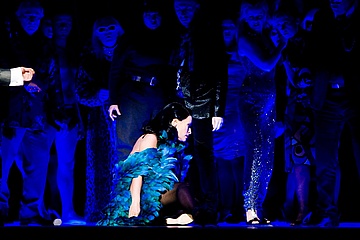
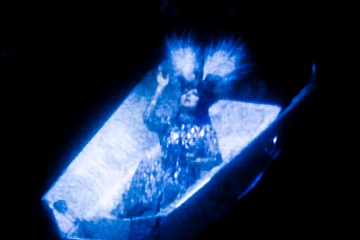
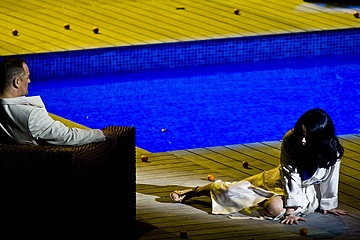
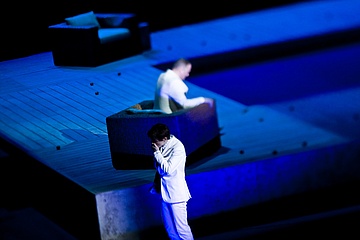
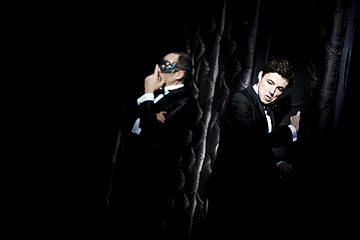
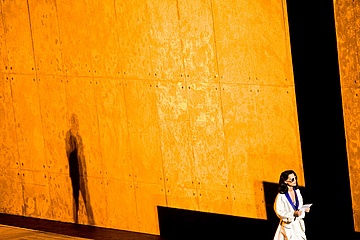
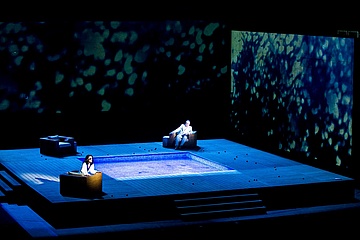
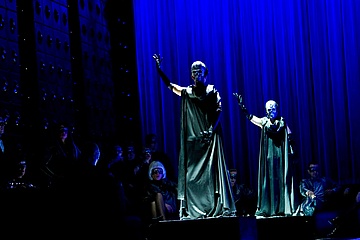
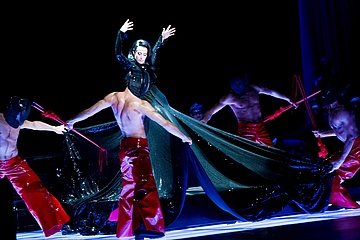
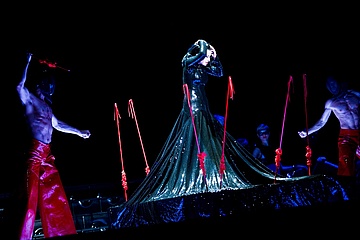
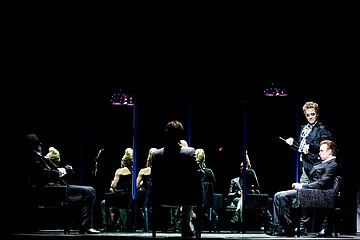
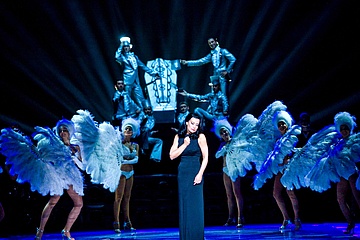
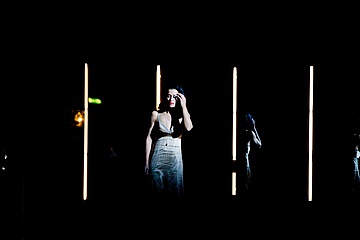

 Alketa Cela
Alketa Cela  Leonardo Capalbo
Leonardo Capalbo  Carlos Almaguer
Carlos Almaguer  Elżbieta Wróblewska
Elżbieta Wróblewska  Małgorzata Pańko
Małgorzata Pańko  Mateusz Zajdel
Mateusz Zajdel  Adam Szerszeń
Adam Szerszeń  Czesław Gałka
Czesław Gałka  Tomasz Piluchowski
Tomasz Piluchowski  Jacek Kostoń
Jacek Kostoń  Dariusz Machej
Dariusz Machej  Edyta Piasecka
Edyta Piasecka  Pavlo Tolstoy
Pavlo Tolstoy  Marcin Bronikowski
Marcin Bronikowski ![[Translate to English:]](/fileadmin/_processed_/d/9/csm_andriy-yurkevych_370_00f3cf0259.jpg) Andriy Yurkevych
Andriy Yurkevych  Mariusz Treliński
Mariusz Treliński ![[Translate to English:] Boris Kudlička](/fileadmin/_processed_/7/a/csm_Boris_Kudlicka_4424_www_8b991ee181.jpg) Boris Kudlička
Boris Kudlička  Gosia Baczyńska
Gosia Baczyńska  Tomasz Ossoliński
Tomasz Ossoliński  Tomasz Jan Wygoda
Tomasz Jan Wygoda  Piotr Gruszczyński
Piotr Gruszczyński  Marc Heinz
Marc Heinz  Mirosław Janowski
Mirosław Janowski 

